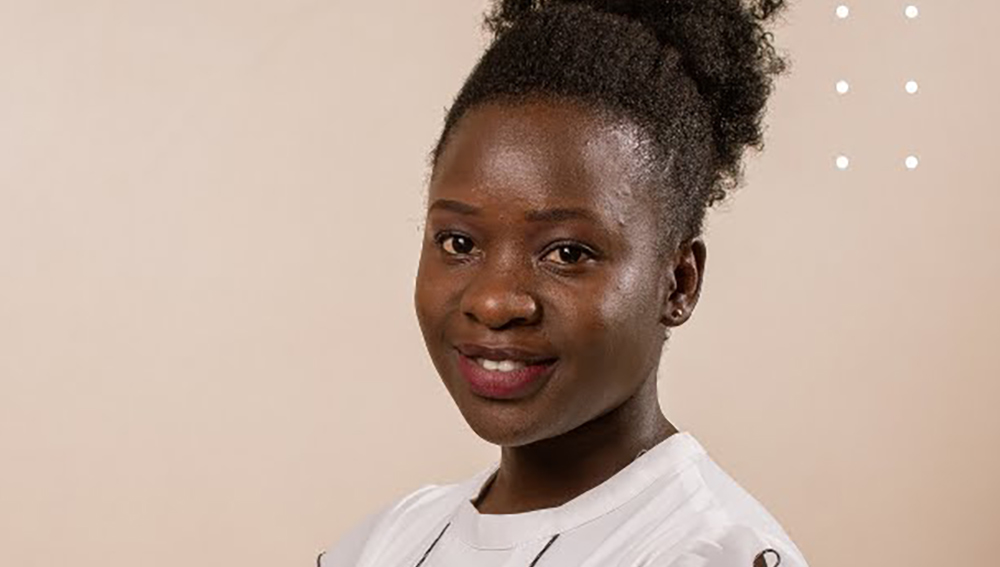Growing up in a family of medics exposed her early on to some of the challenges facing Africa’s health sector. Now, Asha Namugambe is among a league of young Africans rising to the occasion, to tackle challenges affecting maternal health care on the continent using technology.
Maternal mortality rate remains high despite a significant decrease in the past two decades. According to the World Health Organization, about 295 000 women died during and following pregnancy and childbirth in 2017, with Sub-Saharan Africa alone accounting for roughly two-thirds (196 000) of maternal deaths, followed by Southern Asia.
Lack of adequate skilled health workers, access to technology, medical information, distance from health centres and poverty are some of the factors to blame.
Asha is working to unblock these barriers through her e-health startup.
In 2015, she co-founded TEHECA, a social enterprise whose focus is reducing the high mortality rate of mothers and infants in sub-Saharan Africa by creating access to post-natal care services and products in sub-Saharan Africa using technology.
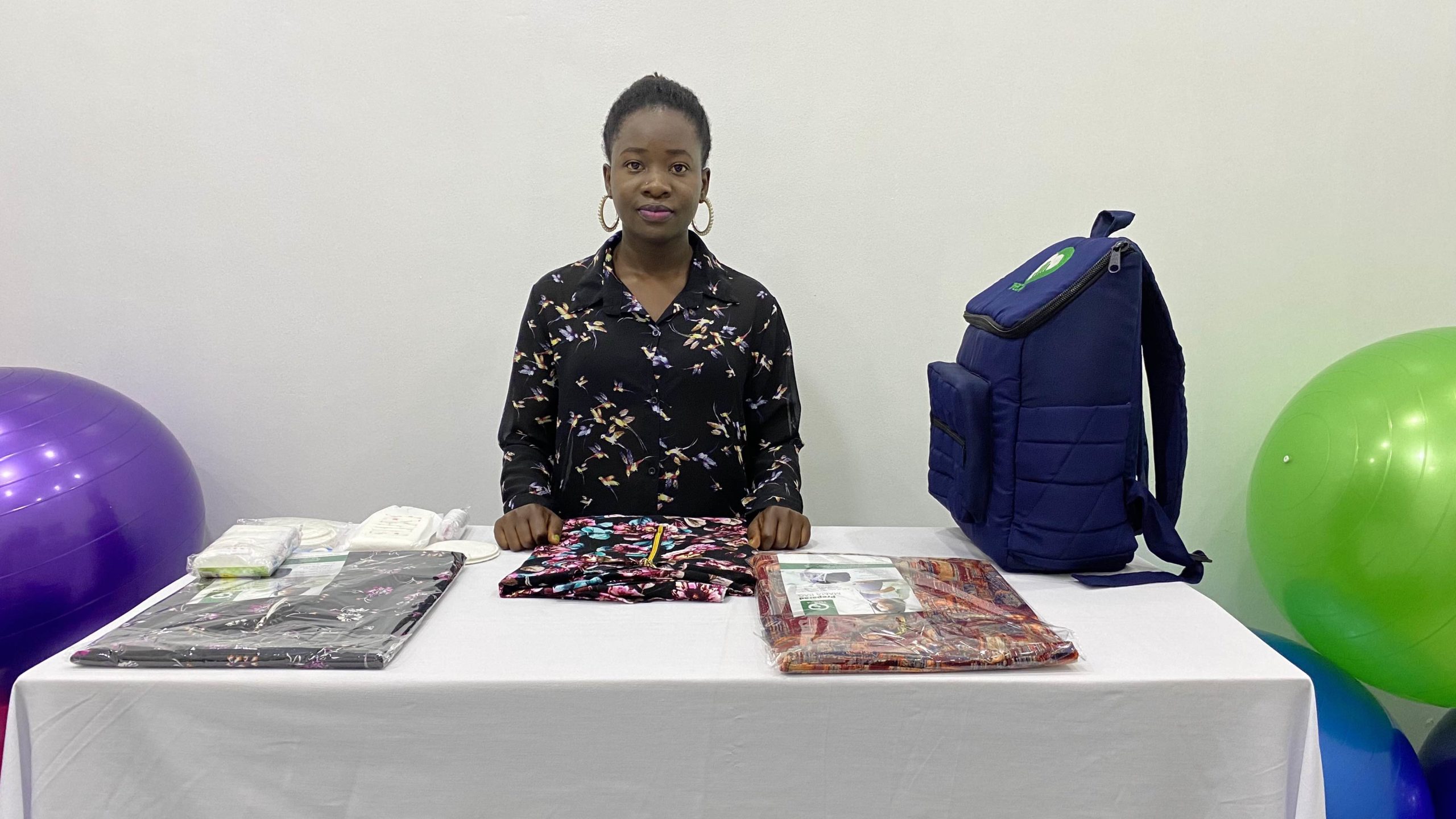
Asher says, growing up, she witnessed her mother, a medic, balancing her low paid full-time job at a hospital with giving palliative and health care services in different communities at a free cost.
Watching from the sidelines, she was quick to pinpoint two things, one, medical services were very much in demand and two, medics were not making enough money to sustain themselves despite this overarching demand.
“I realized that what my mother is doing could be something that someone else with her experience could do and they would be paid for because she was mostly doing it for free.”
“We were at the university together with my co-founder Ruyonga Daniel, but he was doing a Software course while I was studying Business. We met again later after graduation and both of us were trying to figure out life. I shared with him this idea I was thinking about, giving health care to people in their homes and he got excited about it because of his background in technology. He created our first website, a Facebook page and for the start, we knew a few people that could give this kind of service so we worked with them but with time we realized that there was demand.”
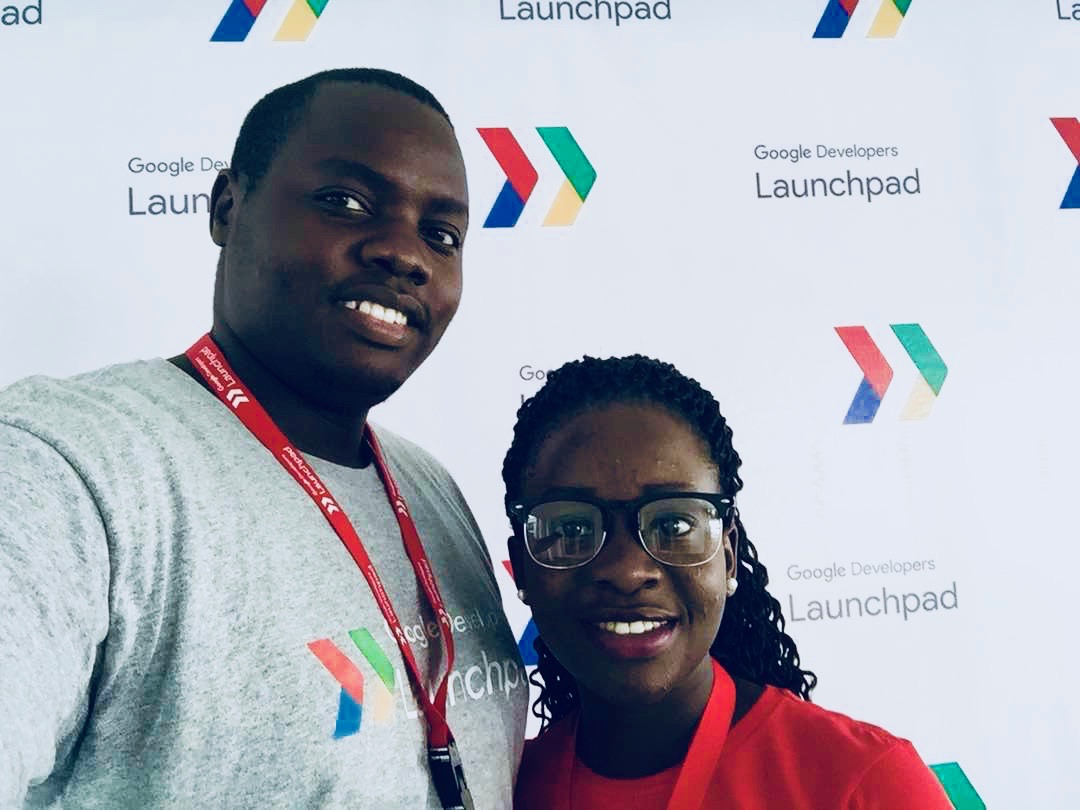
And so began TEHECA’s journey, a bedside nursing health tech startup mainly providing general nursing services to families that needed support but were too busy to care for their loved ones.
“We would pair them with community health workers who would offer the service”.
However, it was not long before the co-founders would realize there was a bigger elephant in the room. Maternal health care.
“In 2017 we were tasked by UNFPA as young people to come up with solutions that could tackle maternal health-related issues for people in urban and peri-urban areas of Kampala and we related it with the stories of people we knew.”
For Asha, this was yet another issue that hit close to home. She had previously witnessed her sister go through the ordeals of poor maternal health care.
“My sister had given birth two times and both those times she was discharged very early from the hospital. She gave birth to her first baby at around 8:00 am and by noon she was out of the hospital. She developed some complications at home but they were being identified quickly by my mother because of her background and experience and she was able to be taken to the clinic for more management and it happened a second time. “
“We said ok a lot of people are going through antenatal, they deliver from the hospitals but there is not enough time for them to be supervised on progress after delivery- so that’s the point we are focusing on right now as TEHECA.”
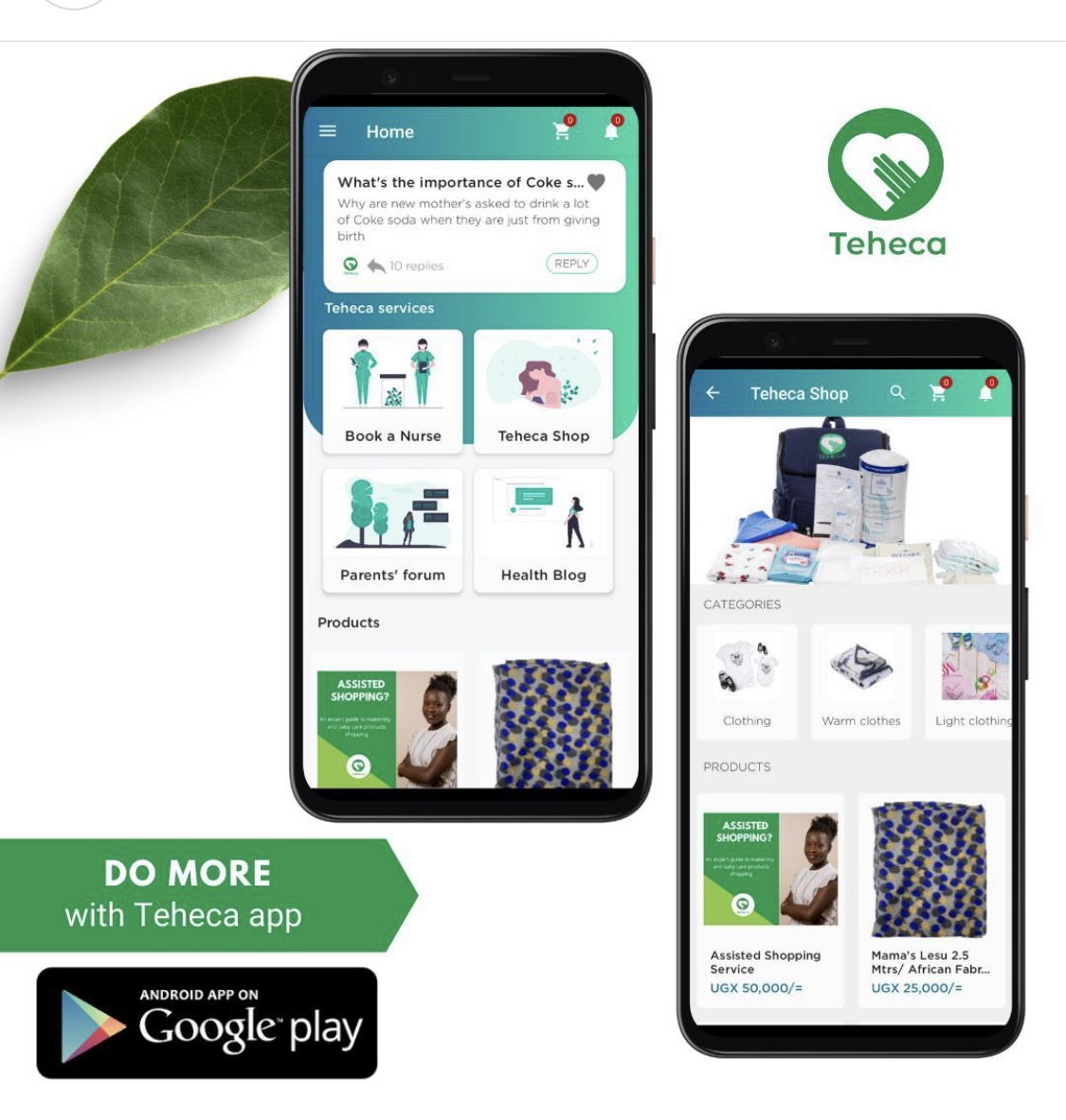
A groundbreaking 1996 literature review found that greater than 60% of global maternal deaths occur during the postnatal period. According to the review, 45% of postpartum maternal deaths occur within one day of delivery, approximately 65% occur within one week and roughly 80% occur within two weeks. While the risk of maternal death is greatest during labour, delivery and within the first few days following birth, some evidence indicates that women are vulnerable up to six months postpartum.
“We give in-home post-natal care for mothers who have for example delivered in hospital and are discharged in less than 24 hours back home. According to the Ministry of Health, currently, mothers go back to the hospital after six weeks so there’s a gap for the mothers to be monitored during that time. And it’s not only mothers even their babies, a lot of things happen from the time you left up to six weeks and what we are doing now is to ensure that mothers can call in for nurses to come and assess them and their babies during this time. Secondly, we have prenatal products like mama kits that we sell to mothers and these help them to have safe and clean birth. We also offer in-home check-ups- before or post-delivery.
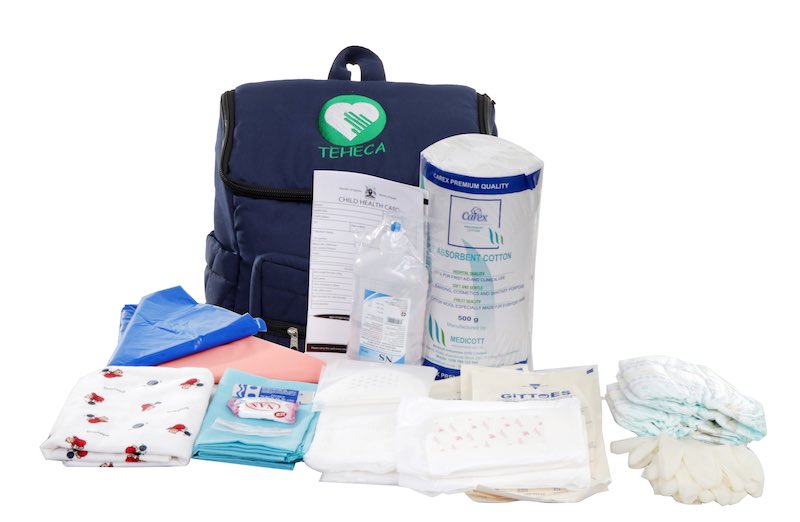
“Since nurses are a very critical part of this business, when we put adverts out there for them to join our team, there’s a requirement for them to have a certificate from the National Nurses Council. We also do refresher training, we have worked with Hospice Uganda to give them the concept of palliative care which is not obvious sometimes and not even being taught in school. We also give them nursing kits.”
Currently on Google Play Store, the Teheca app has since racked up over 1,000 downloads. In 2020, TEHECA represented Uganda at the Global Seedstars Summit, took part in the first African version of Google’s Launchpad Accelerator and received support from MasterCard and UNFPA.

However, Asha says technology adoption remains a huge impediment to the startup’s growth. Despite making strides in mobile broadband coverage, Sub Saharan Africa remains the region with the largest coverage and usage gap. According to GSMA, 53%, that is more than half of the population is still not using mobile internet, despite living in an area with mobile broadband coverage.
“By the time we came on the market, it wasn’t an obvious answer that people are going to embrace it so it’s taking time for people to get used to the fact that they can get health care using a mobile app, call or SMS or use these available platforms.”

Even so, she remains steadfast and optimistic in her pursuit of a maternal mortality free Africa using technology. She says if, for one thing, the Covid 19 pandemic proved the validity of the need for healthtech adoption.
“I believe the pandemic has shaken us but we are strong and I am very glad that we have gone through this phase to validate our business model.
“The goal of TEHECA is to be a one-stop centre for all maternal health-related products and services using technology.”
Check out our ‘Forging Through Crisis’ docuserie on TEHECA

